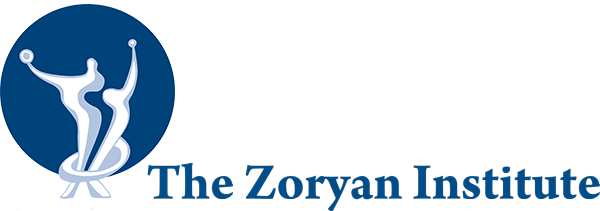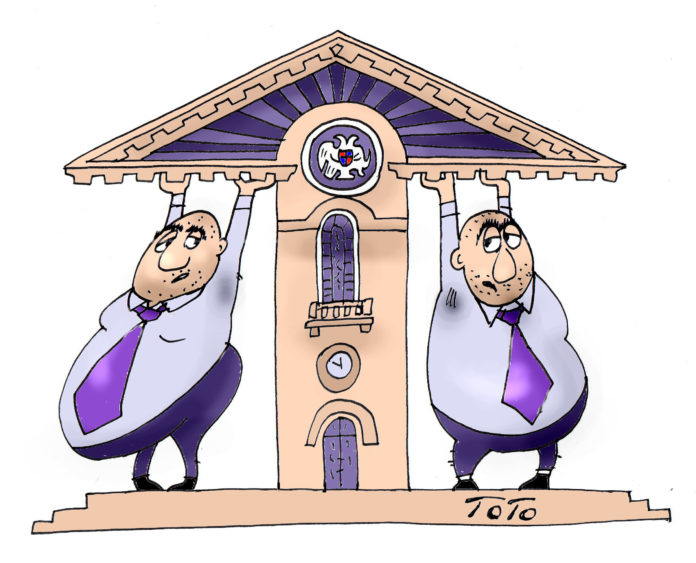By Edmond Y. Azadian
The political landscape is changing dramatically in Armenia. As the election deadline looms, activities are intensified. One of the major reasons is the new shape the government will take when the system changes from presidential to parliamentary. Citizens are neither briefed nor educated sufficiently to understand why the new system may impact their lives in a positive way versus the current one. All they know is the role model of Russia before them and they believe the leadership in Armenia is emulating Master Putin’s political wizardry in their country.
Indeed, Vladimir Putin carefully planned his comeback and the perpetuation of his rule, while bypassing the provisions of the Russian constitution. He allowed Dmitri Medvedev to run the presidency for one term to usher him back to that office during the next term.
Armenia adopted a new constitution exactly for that kind of political longevity for its current ruler. Before the change, when his second term expired, President Serzh Sargsyan could not seek a third term. But the new constitution paves the way for a comeback, because the executive power is transferred from the office of the president to the office of the prime minister. Lo and behold, Mr. Sargsyan can run for prime minister. Or his Republican Party, which is projected to hold the majority of seats in the new parliament, will elect him to the office. Then the new president will only exercise a ceremonial role.
No one is taking stock to find out how successful the Republican Party was to justify the extension of its rule for the foreseeable future; the economy continued suffering, the most crucial issue of the country, its depopulation, was not resolved and on top of all these, Armenia’s security was compromised during last year’s confrontation with Azerbaijan. With all these failures on the domestic front, Armenia’s foreign policy led the country to the Eurasian Economic Union (EEU), partnering with Russia, Belarus and Kazakhstan. The leaders of the last two partners have no respect towards their junior partner and they have trampled its rights and interests with impunity. Belarus and Kazakhstan have full economic cooperation with Armenia’s enemy, Azerbaijan, which is not even a member of the EEU. They both support the principle of Azerbaijan’s territorial integrity versus the right of Karabagh for self-determination.
Kazakhstan’s President Nursultan Nazarbayev even refused to attend the organization’s session in Yerevan, yet he is paying a second visit to Baku in the last six months.








